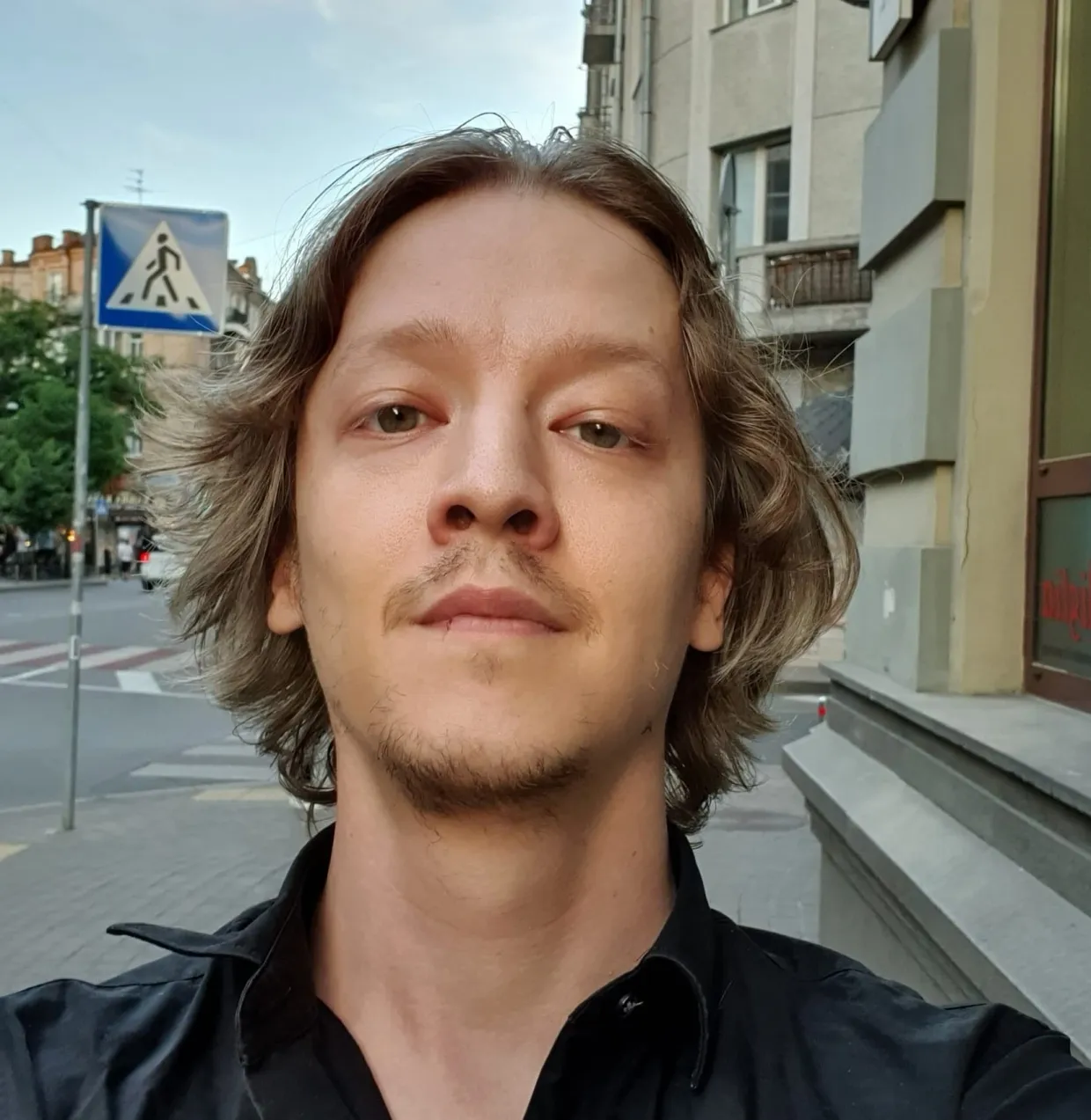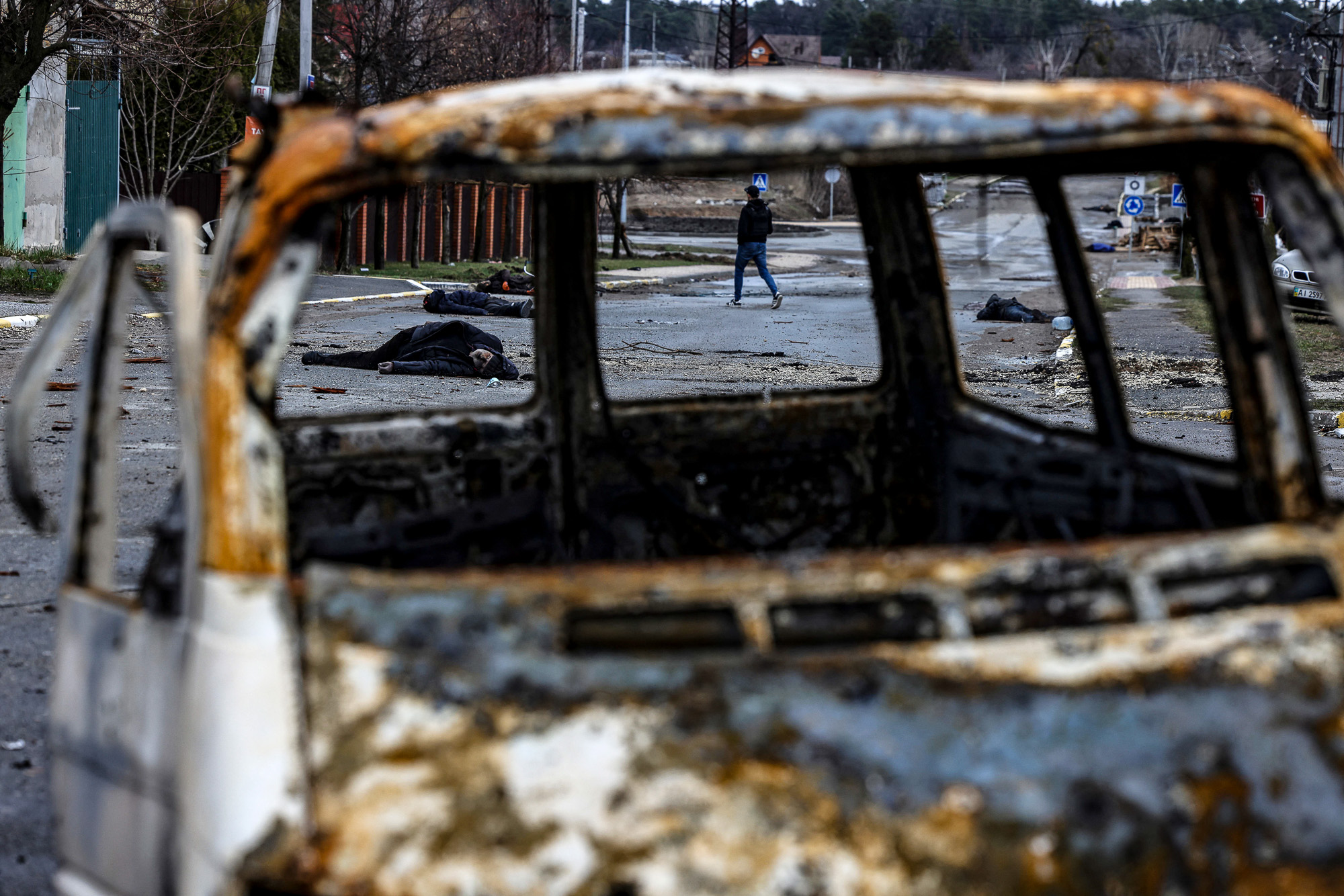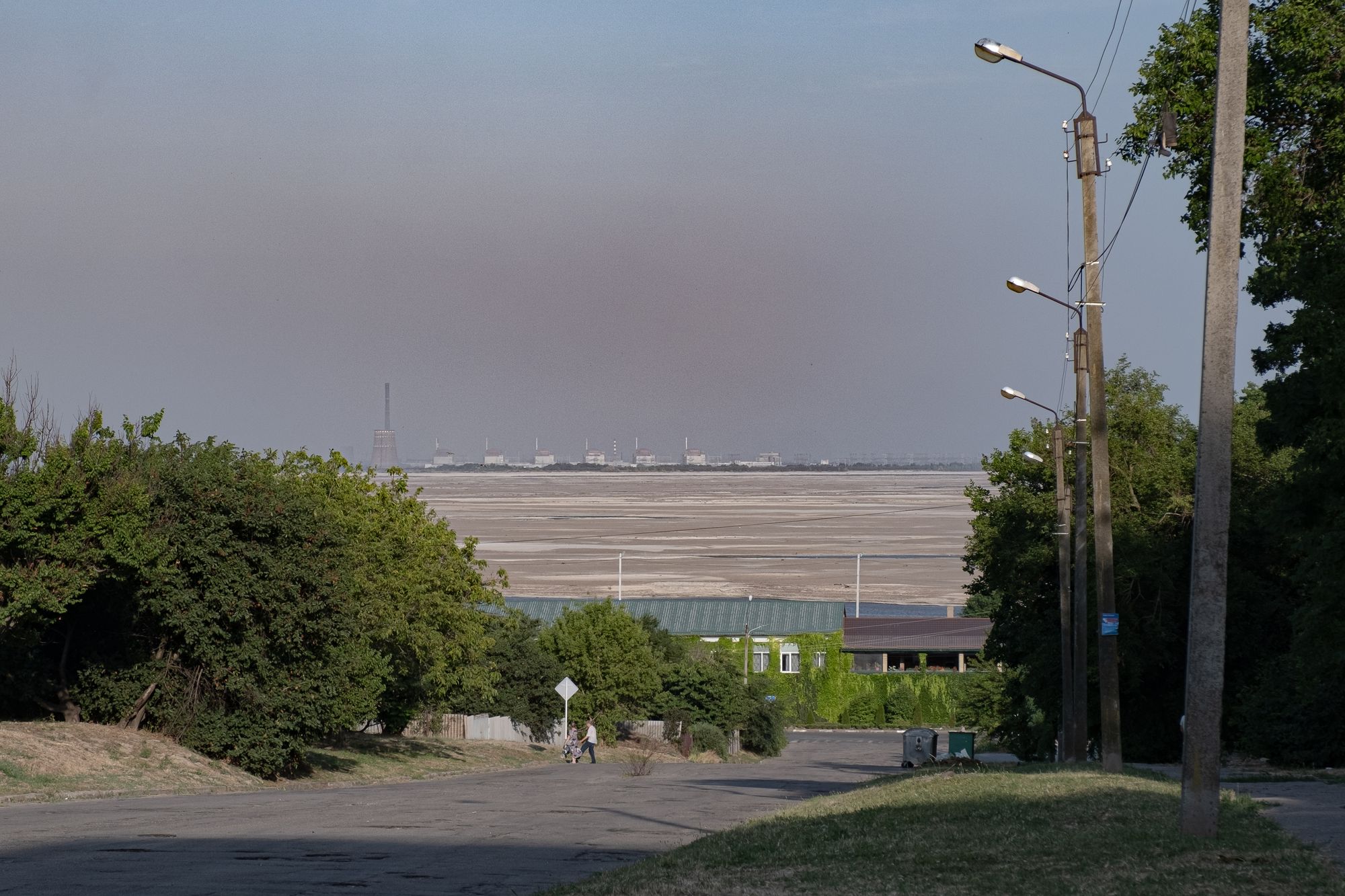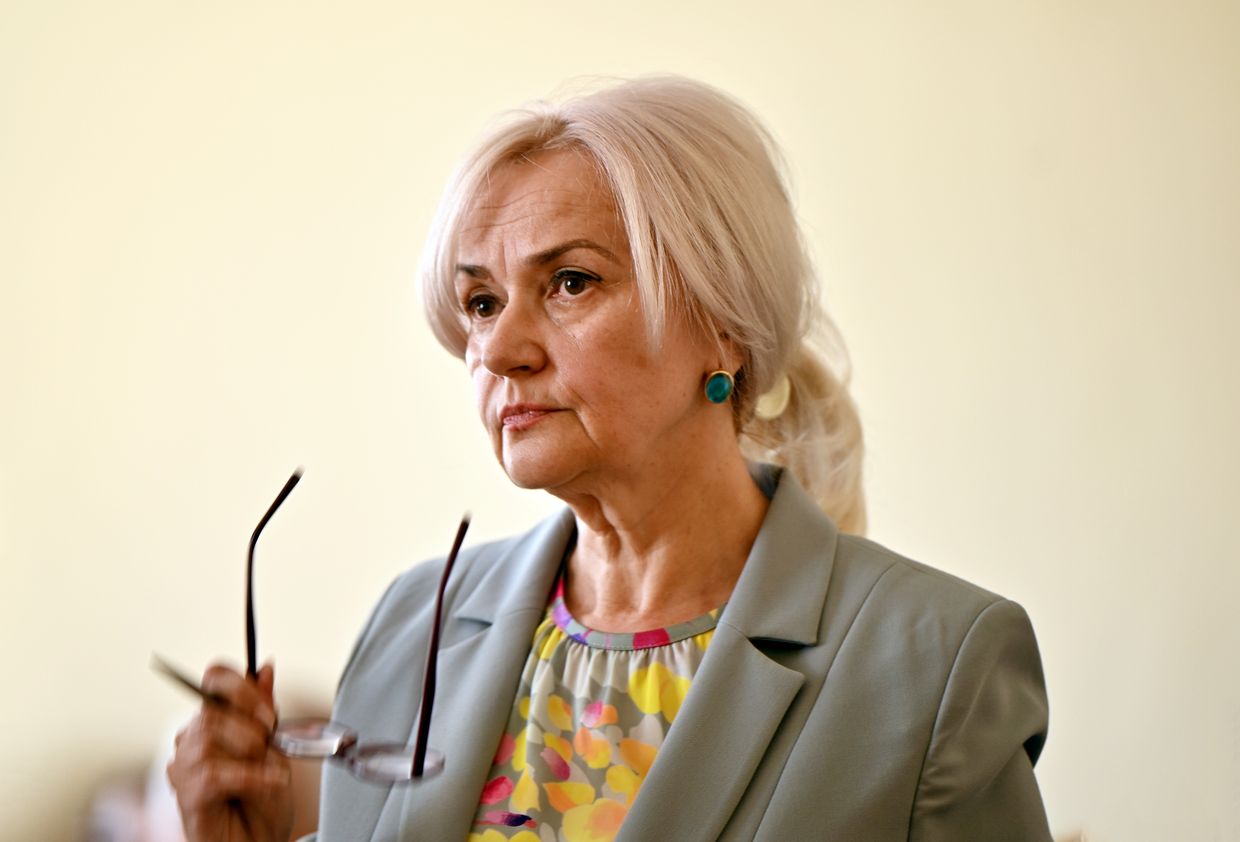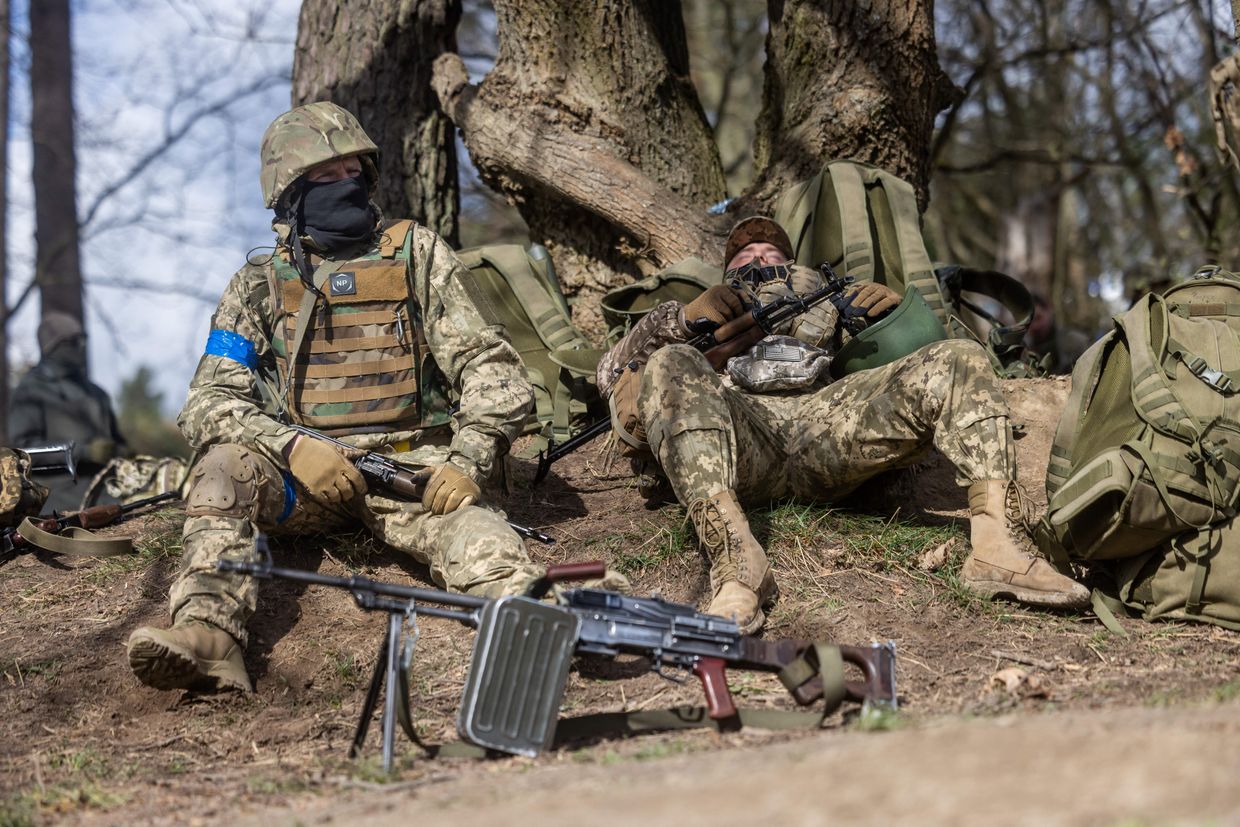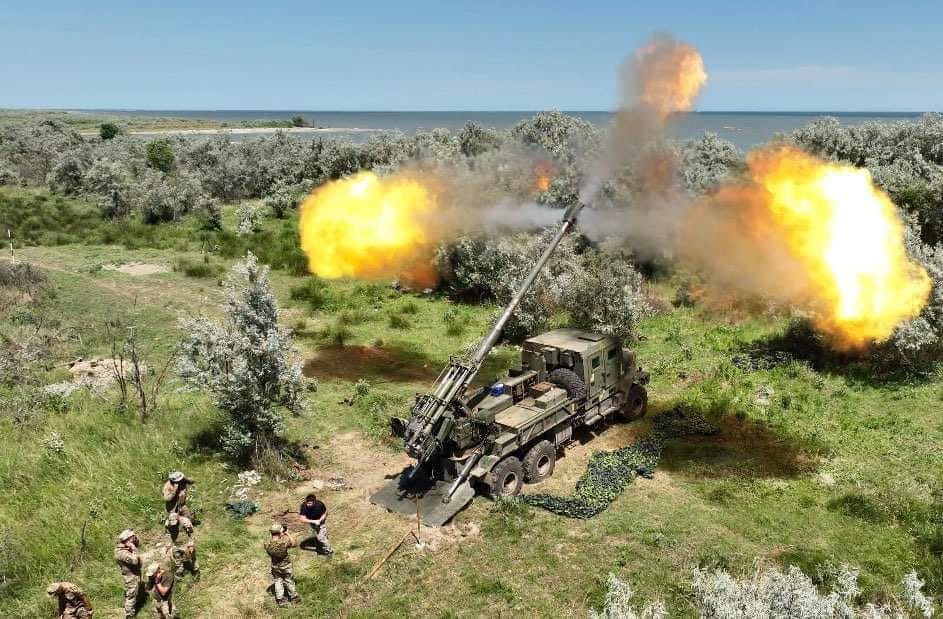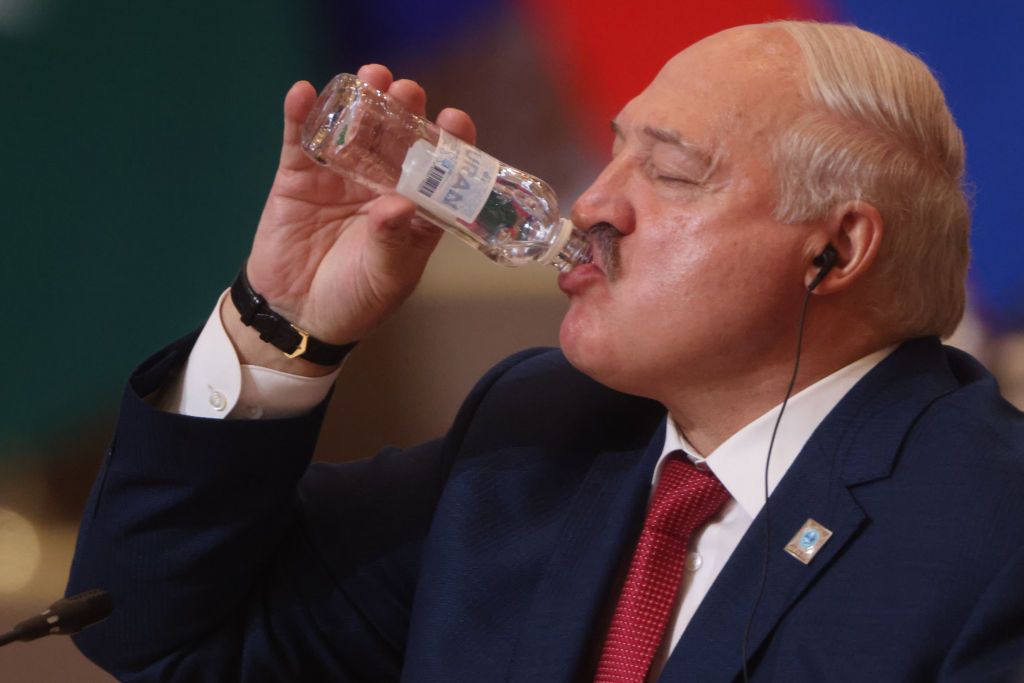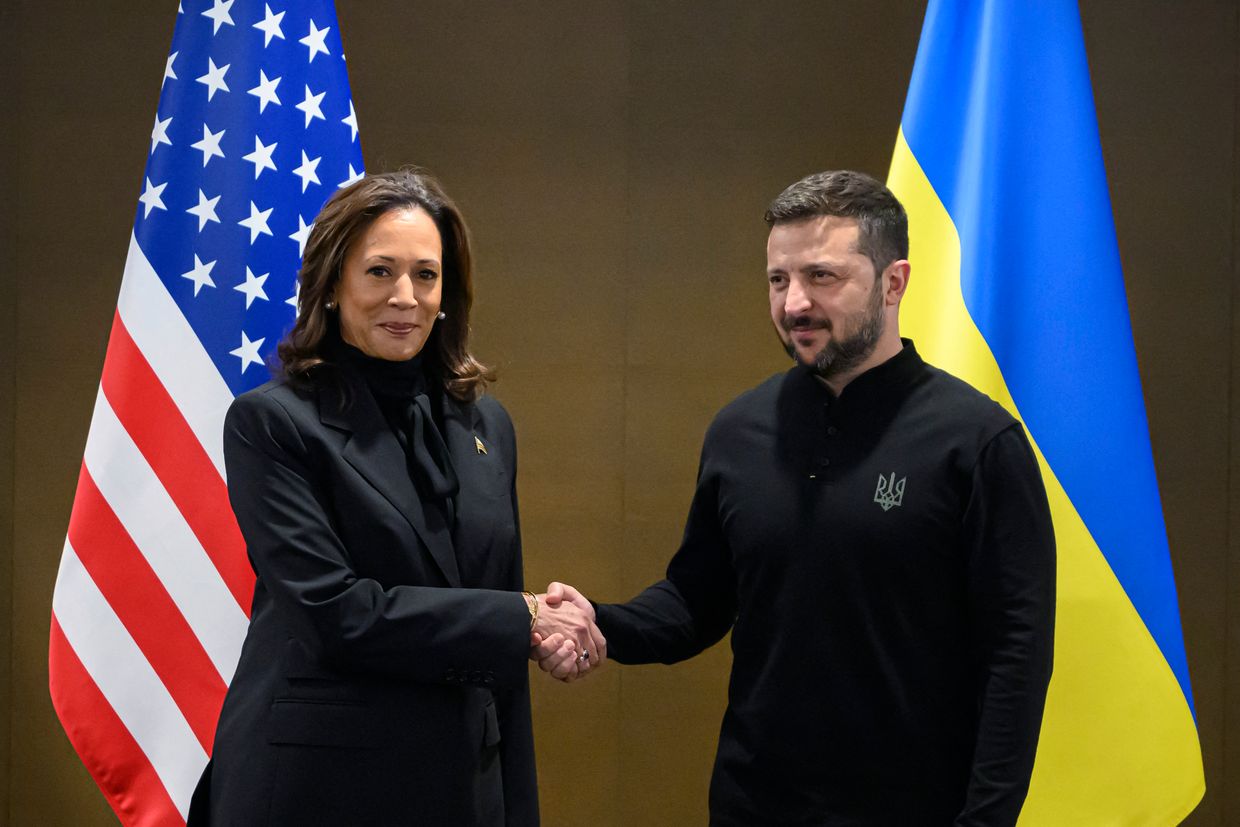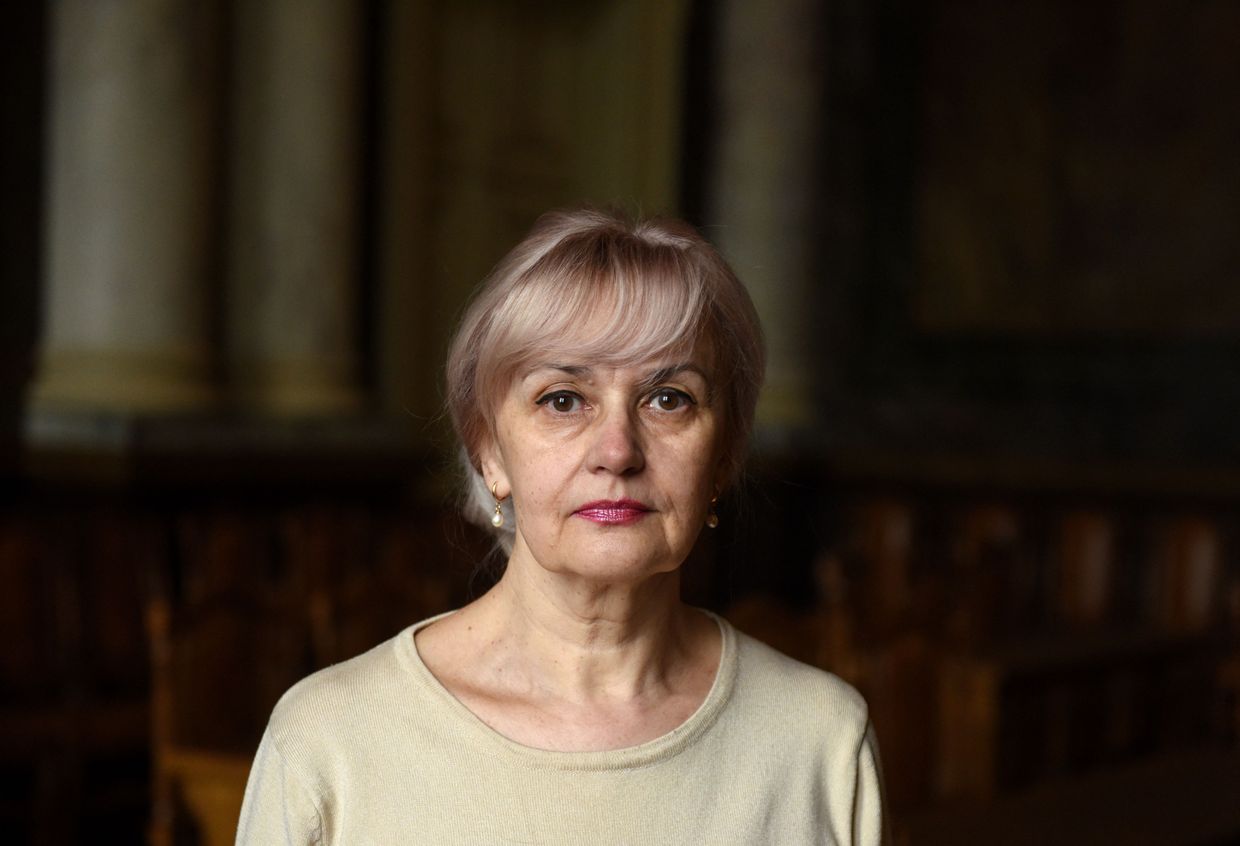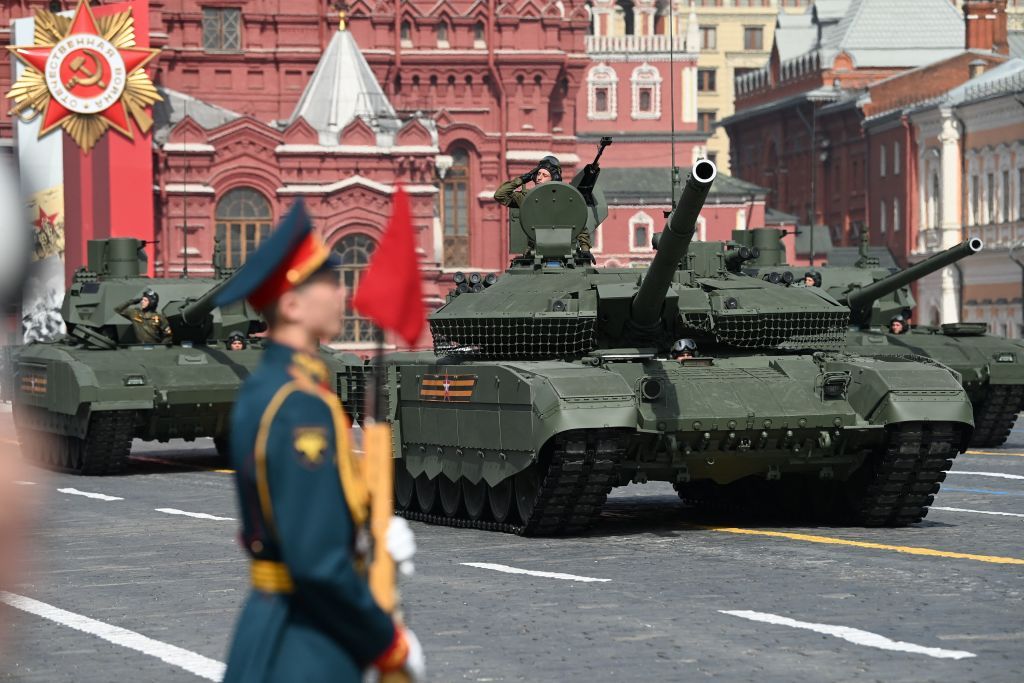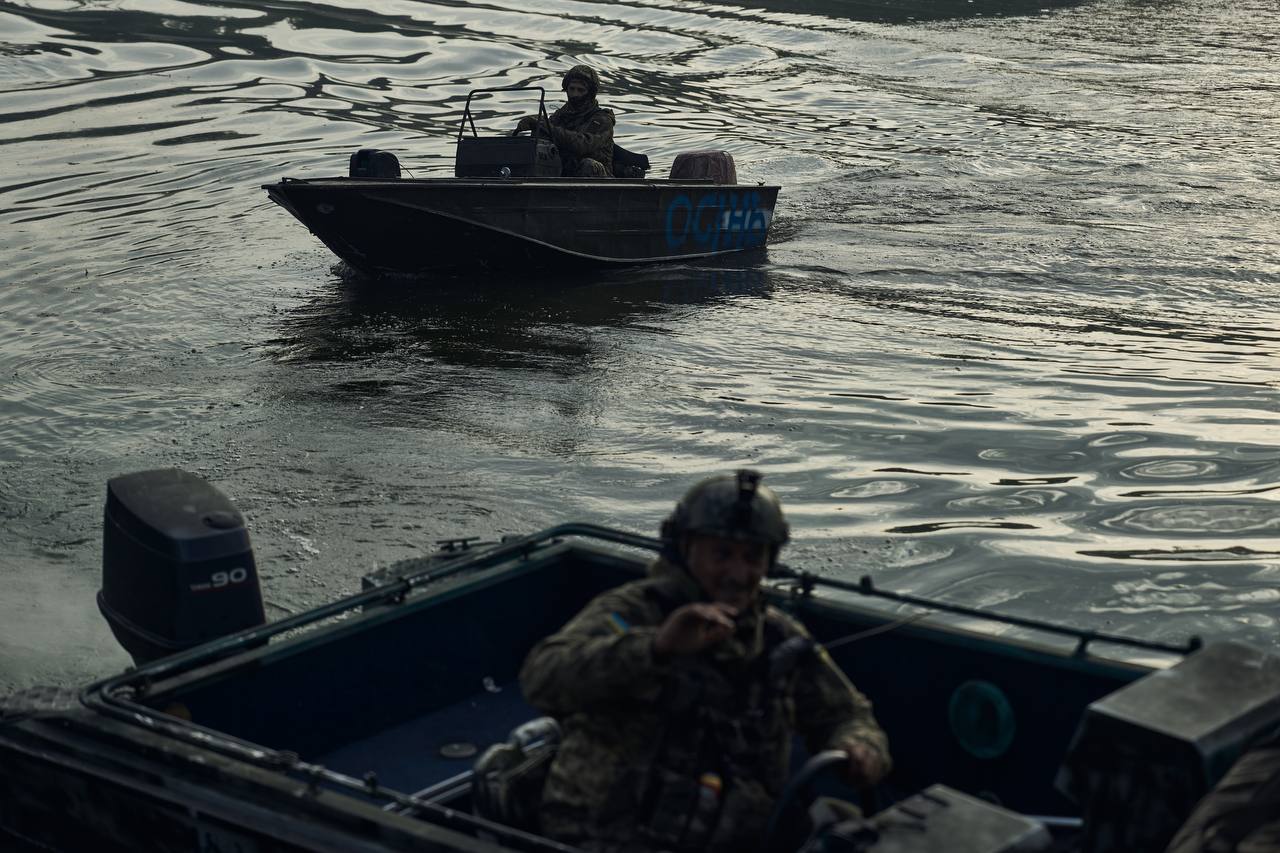The Russian soldiers that occupied settlements in Kyiv Oblast killed over a thousand civilians.
Many people were hunted down systematically for being local political leaders, Donbas combat veterans, Territorial Defense joinees or other people of interest to the Russians.
To find them, Russian forces carried lists with people’s names and addresses. But they also made use of local informants. These collaborators helped Russian forces either track down targets, locate wealthy homes to loot or get information about Ukrainian military positions.
Now, a hunt for alleged collaborators is underway in recaptured parts of the country. The Security Service of Ukraine (SBU) is working with the national and local police, Territorial Defense units and the State Emergency Service to find suspected collaborators and prosecute them for treason.
"These facts do exist and we are working on them," Oleksandr Omelyanenko, the chief of police in the Kyiv Oblast’s Buchanskyi District told the Kyiv Independent.
On April 7, SBU spokesman Artyom Dehtyarenko announced that 33 alleged collaborators have been identified in Kyiv Oblast. On April 15, he said that over 300 alleged collaborators were arrested in total. The SBU has since announced more arrests.
“It’s unknown how many of them were under duress,” Anatoliy Kotesh, a deputy police chief for the Buchanskyi District, pointed out to the Kyiv Independent.
The Kyiv Independent spoke with three Territorial Defense members and a source with the SBU about the search for collaborators. They declined to be identified by full name due to the nature of their work. Local residents and survivors of the occupation of Bucha and battle of Irpin also spoke of informants.
“How widespread was this phenomenon? Not very,” Andriy, a Territorial Defense member whose current job is to help the SBU find and arrest collaborators, told the Kyiv Independent.
But some of the people who were found killed with their hands tied were in Territorial Defense or other branches of service, Andriy says, raising suspicions that they were pointed at by locals.
Fear and sympathy
Andriy said that many of those who worked with the Russians were doing so for protection, trying to guarantee survival for themselves or their families.
There were also people who were ideologically aligned with the Russians, including those who moved to the area from Donetsk and Luhansk oblasts that have been partially occupied by Russia since 2014, Andrii said.
But many from this second category were later released because there was no sufficient evidence of them working with the Russians in a way that breaks the law. The most recent law on collaboration with Russia was signed on March 15. It criminalizes cooperation with Russian forces and occupation authorities.
“In other words, they are in solidarity with, they sympathize with the Russian army and even waited for it but didn't take any actions against people,” said Andriy.
During the occupation, these sympathies had earned some of them the right to move about and use resources like power generators in areas where electricity was cut off, with less fear of being shot by the invaders.
“These people continue to live there, their neighbors are giving them the stink-eye but that’s how it is,” Andriy said.
Freedom of movement through occupied areas is one of the signs locals and law enforcers look at to try to identify potential collaborators. They also look at apartments that have been left untouched in buildings where the remaining units have been broken into or looted.
"People aren't stupid, they can see who gets shot at and who can walk around freely," said Viktor, another member of Territorial Defense who has helped officials with trying to track people down in Bucha and Irpin, two satellite towns northwest of Kyiv. He, too, declined to have his full name publicized due to the nature of his work.
He said that a couple that had moved to Bucha’s Lermontova Street from Luhansk Oblast in the fall was recently arrested. The locals became suspicious of the couple’s seemingly limitless freedom to move through Bucha when it was occupied.
"I was called in the morning. They told me here's this family, the information on them is 100% and there are witnesses ready to confirm," said Viktor. When he got there, "a crowd of people formed. I asked them to not do anything until the SBU came."
Asked if moments like these ever led to mob justice, Viktor replied that taking the law into one’s own hands is a “taboo” for locals.
In fact, it’s rare for people to stick their necks out and become formal witnesses, Andriy said. While people will tell police that their neighbor rode along with the Russians pointing out where the veterans lived, they clam up when it’s time to go on the record.
“Everyone's afraid. Even if they saw something, neighbors prefer to stay silent because they don't know how things will turn out,” Andriy said.
This makes the work of discovering collaborators slow and frustrating for the SBU, he said.
Searches and arrests
Still, Ukrainian security forces can boast of some progress.
They already got their hands on the biggest Russia collaborator in the country on April 12 when the SBU nabbed Viktor Medvedchuk, co-founder of a pro-Kremlin party and family friend of Russian President Vladimir Putin.
Medvedchuk has promoted Russia's interests in Ukraine for decades and made big money on it. He was charged with high treason in May and October but fled house arrest when Russia invaded. On April 12, he was recaptured, wearing a set of Ukrainian Armed Forces camouflage fatigues.
Others soon followed. On April 14, the National Police announced that a 62-year-old Kryvyi Rih native who was visiting Bucha was arrested, accused of helping the Russian forces patrol the city, threaten, beat or kill local residents and provide the positions of Ukrainian forces.
On April 21, the Buchanskyi District Prosecutor's Office charged three Kyiv Oblast residents with treason for allegedly helping the Russians move through the village of Mykhailivka-Rubezhivka with weapons to round up locals, providing food and supplies to the Russians and accompanying the Russians on their vehicles to help them bypass Ukrainian positions.
More suspects were found among the ranks of the national rail operator Ukrzaliznytsia. The SBU arrested one of the heads of a division of the Donetsk Railway who had allegedly been recruited by the Russians to collect data on the Armed Forces' movement and the locations of checkpoints.
Another employee from the central office was accused of mass emailing his colleagues, calling on them to support the Russian forces. Two other men were accused of helping Russians navigate the Irpin, Bucha and Vorzel areas.
Locals in Kyiv Oblast are using social media to out people they suspect of working with the invaders.
A volunteer in Bucha named Denys, who declined to give his last name for security, told the Kyiv Independent that he once personally knew a man whom the locals recently accused of collaborating with the Russians on social media.
“When I saw his picture being passed around with the information that he’s helping the occupiers, going to loot with them, showing them which houses are the richest and which ones are empty, I was surprised and began to check on it,” said Denys. “That same day, three mutual acquaintances sent me verified information, which points to it being the truth.”
Denys said this man reportedly worked with a woman when helping Russians. He said she managed to escape from Kyiv Oblast and is reported to be heading to Poland as a refugee. A different Bucha resident named Tamara Hryhorieva also said that she saw photos of a woman of that description being shared online for Territorial Defense units throughout the country.
On April 20, Facebook group Volunteers of Bucha posted a photo of a man and a woman, saying the SBU is searching for them for alleged collaboration. The man's first name and apparent age matches Denys' description.
The mayor of Bucha, Anatoliy Fedoruk, has not escaped some of his residents’ suspicion. In their conversations with the Kyiv Independent, a handful of Buchans and Territorial Defense members all but accused Fedoruk of collaborating with Russians, saying that nobody knew where he was during the occupation. On the contrary, several other Buchans pointed out that no evidence of wrongdoing has been presented.
A journalist confronted Fedoruk with the question of where he was during the occupation at an April 12 press briefing, alluding to the public suspicions about his allegiance. Fedoruk denied the allegations, saying he was in Bucha throughout the occupation and claiming to have had a close call with a Russian soldier in mid-March.
